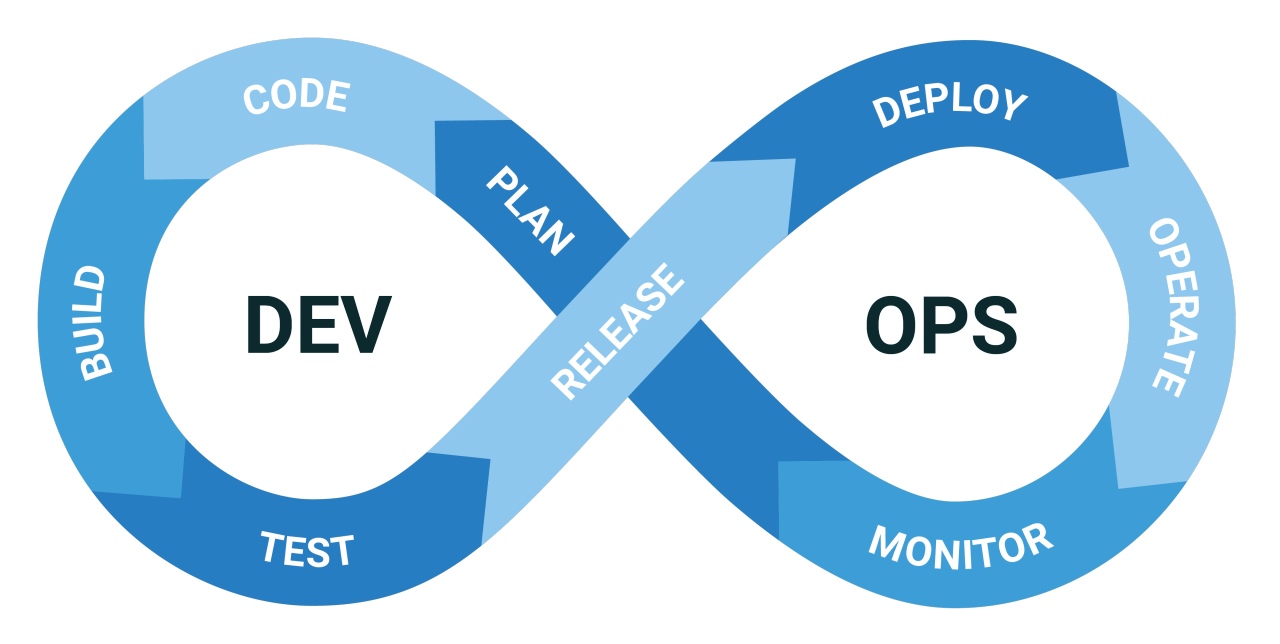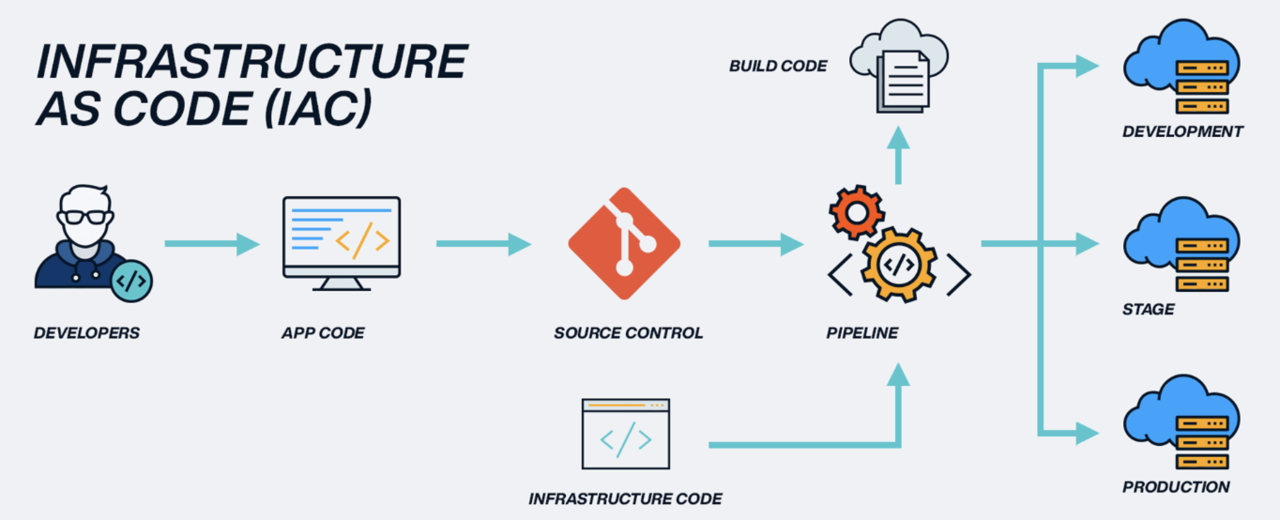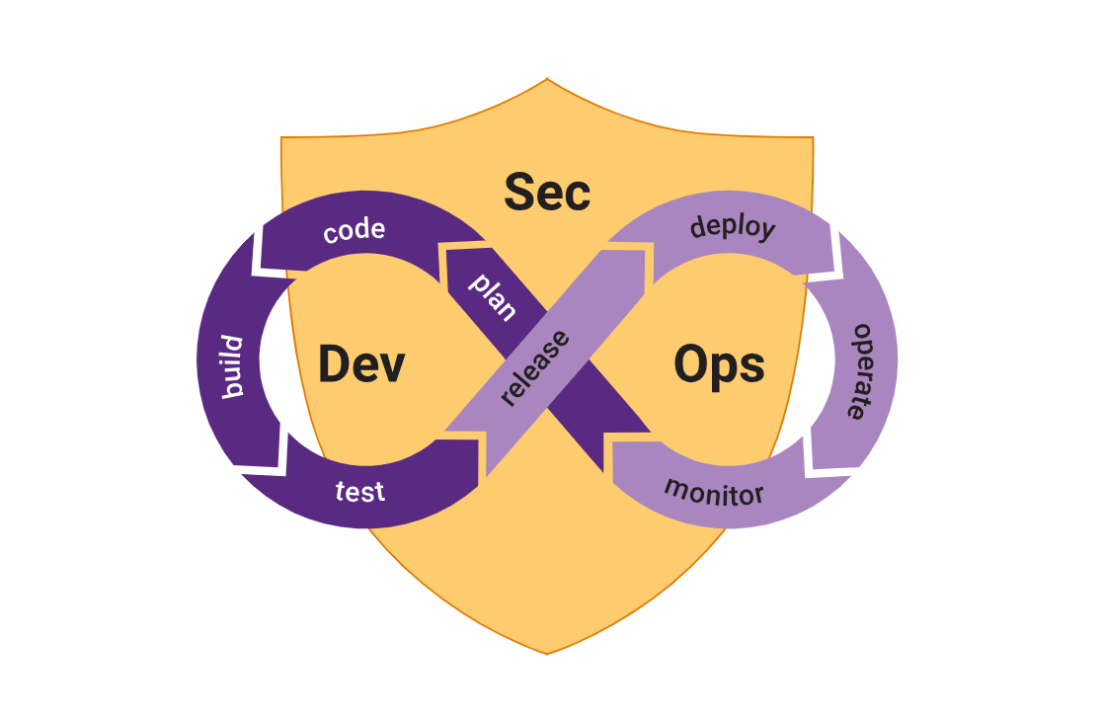The Role of DevOps in Enhancing the Software Development Life Cycle
DevOps is a crucial tool in modern software development services, helping businesses achieve better overall performance.
Join the DZone community and get the full member experience.
Join For FreeSoftware development is a complex and dynamic field requiring constant input, iteration, and collaboration. The need for reliable, timely, and high-quality solutions has never been higher in today's fiercely competitive marketplace. Enter DevOps, a revolutionary approach that serves as the foundation for addressing such challenges.
DevOps is more than just a methodology; it combines practices seamlessly integrating software development and IT operations for streamlining workflow. DevOps, with its emphasis on improving communication, promoting teamwork, and uniting software delivery teams, acts as a trigger for a development process that is more responsive and synchronized.

DevOps is a crucial tool in modern software development services, helping businesses achieve better overall performance, increased customer satisfaction, faster time-to-market, and cost-effectiveness. It is a dynamic force that adapts easily to the changing demands of the industry and allows businesses to successfully and swiftly negotiate the challenges of software development.
7 Ways DevOps Enhance the Software Development Lifecycle
Here are the top 7 ways that DevOps can enhance the software development lifecycle:
1. Accelerated Development
DevOps encourages continuous integration and delivery, or CI/CD, which enables developers to release software more quickly and merge code changes more frequently. This shortens the time it takes to release updates or new features to production and speeds up the development cycle.
The emphasis on automation and collaboration within the CI/CD framework empowers teams to respond to market demands, innovate swiftly, and maintain a competitive edge in the dynamic software development landscape.
2. Automated Testing
DevOps automation encompasses the whole software delivery pipeline and does not just help eliminate bugs. Automated processes for continuous integration, deployment, and testing enable the timely and quicker release of new features and upgrades. This speeds up the development process and frees teams from manual labor and repetitive tasks to concentrate on strategic and important work.
Automation increases productivity and builds a solid, future-ready development ecosystem by ensuring reliable software delivery and laying the groundwork for scalability, adaptability, and continual improvement.
3. Enhanced Collaboration
DevOps creates a collaborative culture by eliminating silos between the development and operations teams. It guarantees that all parties participating in the software development process are on the same page, resulting in smoother workflows and fewer bottlenecks by promoting communication and shared responsibilities.
The collaborative environment fosters ongoing learning and development where each team member's specialty complements the others', creating an inventive and adaptable culture.
4. Infrastructure as Code (IaC)
DevOps strongly emphasizes handling infrastructure like code, allowing teams to use code scripts for infrastructure management and provisioning. This approach makes resource allocation more efficient, guarantees consistency across environments, and simplifies scaling. Moreover, DevOps' Infrastructure as Code (IaC) offers a template for managing infrastructure, facilitating team collaboration, and controlling versions.
This guarantees the infrastructure's reproducibility in various settings and encourages transparency and change traceability. Infrastructure as a Service (IaaS) automates infrastructure provisioning, minimizing human error and facilitating quick deployment of complete environments. Teams can easily adjust to evolving needs, promoting an agile and responsive development process.

5. Improved Feedback and Monitoring
DevOps incorporates proactive alerting techniques and real-time monitoring to inform teams of any issues before they affect users. This predictive strategy makes preemptive intervention possible, reducing downtime and guaranteeing a flawless user experience. The continuous feedback loop is an invaluable source for ongoing improvements and facilitates quick issue solutions.
By utilizing monitoring and input insights, development teams can arrive at well-informed decisions, enhance performance, and align software features with changing user expectations. This approach eventually ensures an effective and user-centric software ecosystem.
6. Enhanced Security
 DevSecOps, or integrating security controls throughout the development process, is a component of DevOps methods. Automated security checks, early vulnerability resolution, and ongoing monitoring all assist in identifying and reducing potential security concerns. Moreover, security is considered an essential component of the development lifecycle rather than a problem that arises after deployment in the DevSecOps paradigm.
DevSecOps, or integrating security controls throughout the development process, is a component of DevOps methods. Automated security checks, early vulnerability resolution, and ongoing monitoring all assist in identifying and reducing potential security concerns. Moreover, security is considered an essential component of the development lifecycle rather than a problem that arises after deployment in the DevSecOps paradigm.
Automated security checks and scans into the development workflow ensure easier and early vulnerability identification. Constant monitoring provides proactive identification and mitigation of potential security problems and protects against ever-evolving attacks.
7. Efficient Utilization of Resources
DevOps uses containerization and automation to promote resource efficiency. Devices such as Docker and Kubernetes make distinctive deployment across many settings possible, which maximizes resource usage and minimizes incompatibilities. Teams can now assign resources dynamically based on the application's demands owing to resource provisioning and administration automation, which improves infrastructure utilization efficiency.
This method optimizes resources and lowers operational overhead while promoting a resource-efficient environment that easily fits the needs of modern software development.
Final Thoughts
DevOps automation has numerous advantages that help advance and improve the software development process. When DevOps is properly integrated, it can cause a paradigm change that affects software functionality and completely changes an organization's operating model. This shift goes beyond simply enhanced software capabilities; it also promotes better communication, higher performance standards, the production of superior products, and increased productivity in general.
DevOps offers a comprehensive approach leading to improved operational efficiency, quality digital products, and increased productivity. It does more than just improve software operations. Businesses benefit greatly from the revolutionary potential of DevOps, which guarantees that they are not only meeting market demands but also raising the bar for innovation and operational excellence.
Opinions expressed by DZone contributors are their own.

Comments